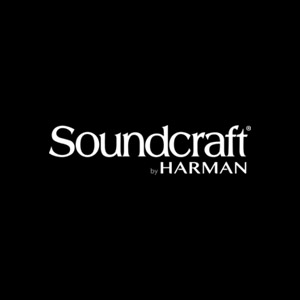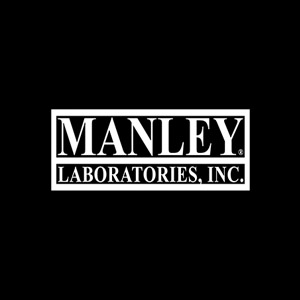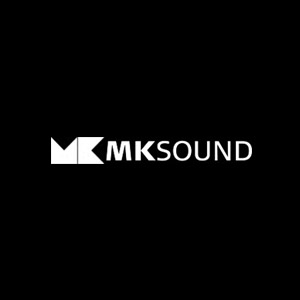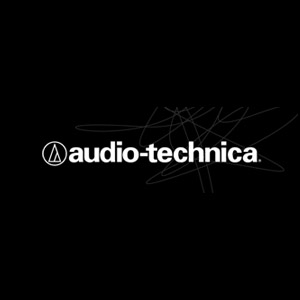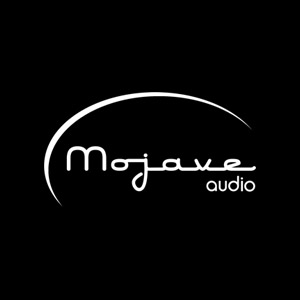How to Get into the Music Industry
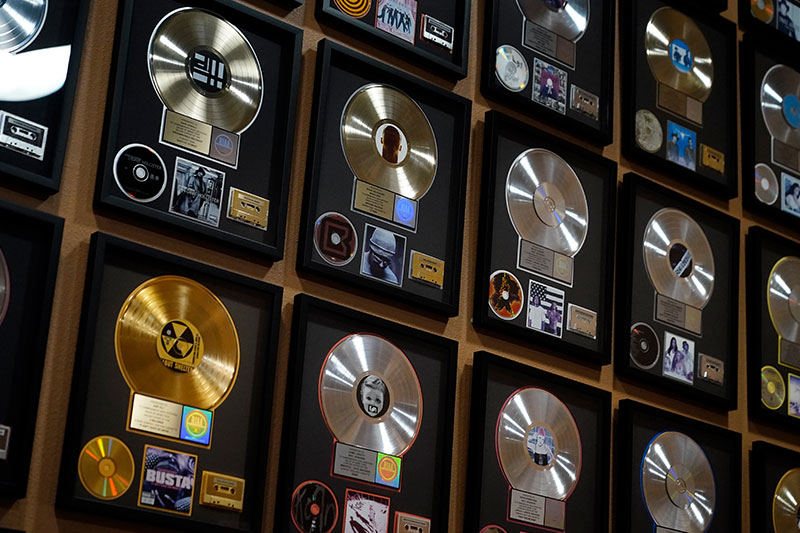
For many years, scores of people have wanted “in” on the Music Industry. It’s alluring, for certain, but most people simply have a “want,” and not a “need. Most believe that the only way “in” is by becoming the Artist. While that is THE MOST EXCITING way of getting “in,” the odds of that happening are… well, you know the truth. Don’t get me wrong, if that’s your “need,” then DO IT! GIVE IT ALL YOU’VE GOT!!!
So, with putting the Artist notion aside, have you ever considered how many people it takes to support an Artist? For as many bonafide Artists as there are out there, it takes TONS OF PEOPLE to get each Artist into the spotlight!
Let’s start with the music itself. Some Artists are their own songwriters / composers / beatmakers / lyricists. Other Artists utilize the help of different talented people to help create their musical vision. Once that “song” has been born, it’s time to get it heard!
This is where the technical talent gets involved. Once the song is written, it’s time to get the powers that be (Managers, Record Label Executives) to get a Production team together. Who’s on the team, right? First, a Producer will be sought out that can really put the vision of the song together, by collaborating with the Artist, in efforts like song arrangement, tempo, “feel,” choosing sounds/musicians to best bring the song to life, and choosing where to make this recording happen.
Once all of these factors have been decided on, the Producer will choose a Recording Engineer for the project. This Engineer will be chosen based on their quality of work, their workmanship, their technical knowledge of all studio components, and the Engineer’s ability to enhance the song. Most typically, big-time-Producers have a short list of Engineers that they have already done other projects with, and will choose from that list for this project. Other times, the Producer and Engineer will come together from alliances created by other respected professionals.
Once the studio is booked, it’s time to get rolling. The Recording Engineer will make sure that the chosen studio is well equipped with all of the Industry’s leading tools… from large format analog recording console to the most advanced, and sophisticated, softwares available. The Engineer will place appropriate microphones in appropriate positions to best capture each element of the song… the voice, the guitar, the bass, the EVERYTHING! Of course the Engineer has to be a technical maven to be able to capture “non-live” instruments like drum machines, and synths, as well.
Once the microphones are placed, the Engineer will painstakingly listen to each source, make necessary changes to the position of each microphone and in the quality of the sound, from the console/recorder. Once EVERYTHING sounds GREAT individually, it’s time put it all TOGETHER by pressing RECORD!
Now, get this… this whole process is repeated for each new song that is to be recorded! Yup, that’s right! No real Production team would assume that the settings for song #1 would be perfect for song #2. For that matter, it’s feasible that each song is recorded in different places!!!
However long it takes to capture the perfect performances, the process beyond the Recording stage is MIXING. While there are times that the Production team stays in tact for this process, it is very common that a different Engineer is brought into the fold. An Engineer whose expertise is not RECORDING, but MIXING, instead.
The Mixing Engineer, as well, absolutely has to be a technical wizard in order to take a TON OF TRACKS, and make it sound like a song that the listener wants to listen to over and over again!
When all of the songs have been recorded and mixed, the entire collection of “mixes” go to, yet, another Engineer. Enter the Mastering Engineer. The Mastering Engineer’s job is to take each of these “mixes” (remember, these might be songs recorded in different places, with different studio gear, with different musicians, etc.) and make the entire collection sound like a COMPLETE RECORD. Yes, a FULL ALBUM! With the oddities that might exist from one song to another, this Engineer’s job is profoundly difficult!
In each of these phases, the Engineer is the technical expert. In today’s Audio world, technology changes at a rapid clip, but is still firmly rooted in the origins of the industry. Most might think that “real” records are solely done “with a few mics, a decent audio interface, and a laptop.” While there is a certain truth to the proliferation of computers in this field, “old school analog consoles and recorders” are still mainstays in this industry.
This leads to the real essence of this article: How did these Engineers get to this point? In its earliest stages, Engineers apprenticed Technicians that taught them the technical virtues of each device in that particular studio. Throughout the years, more and more devices flooded the industry, and, at some point, the miracle of digital device came to be, as well. Needless to say, more and more knowledge is expected from the Engineer.
There truly was a point, historically, where one could “luck” their way into the Engineer’s seat, by patiently learning the few devices in that facility, showing good work ethic, and by being available.
With so many pieces of studio gear, the modern Engineer has to “learn” their way into the Industry. The modern engineer has to have a deep knowledge of historic techniques, processes, and ability to use “old school” devices, but also has to have a firm grasp on leading edge devices, which there seems to be no shortage of!
GOOD NEWS: YOU can get a dedicated education in Audio Engineering and start LIVING YOUR DREAM in less than a year!!!
There are many educational programs out there, but, if you feel this is “the route you need to travel,” make sure you choose the program that works best for you. If you are not one to fit the mold of the 4 year degree, find the mold that FITS YOU!
The Conservatory of Recording Arts and Sciences (CRAS), for example, is a long standing tradition in the excellence of Audio Engineering education. In 9 months, student receive a vast comprehension in every discipline of Professional Audio Engineering, WITHOUT having to take GenEds, from within 13 world class Studios! CRAS students explore everything audio related: Music Production, Live Sound Reinforcement, Video Game Audio, Broadcast Audio, and Post Production. More so, CRAS has up to 17 Industry recognized Certifications available to help you build your profile, and make you as EMPLOYABLE AS POSSIBLE!
Think about it: While Music Production is the focus of this article, imagine how many more audio professionals are out there making an audio impact on millions of people daily, from the other disciplines of Professional Audio?
As a matter of fact, if you’ve made it this far, DON’T THINK ABOUT IT ANYMORE!
Call CRAS at (800)562-6383 so that you can start living you passions in Professional Audio! An Admissions Representative is standing by to CONNECT YOU TO YOUR DREAM!








